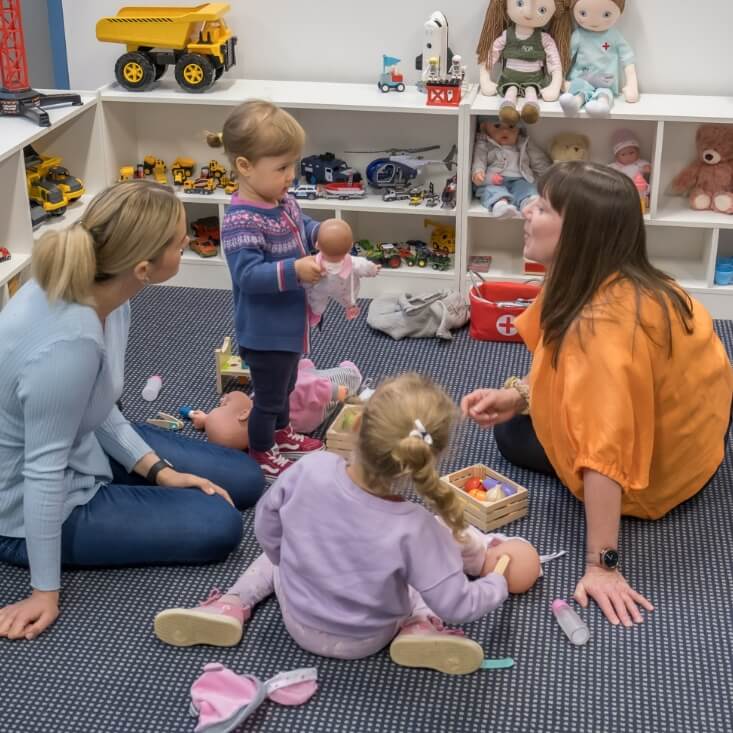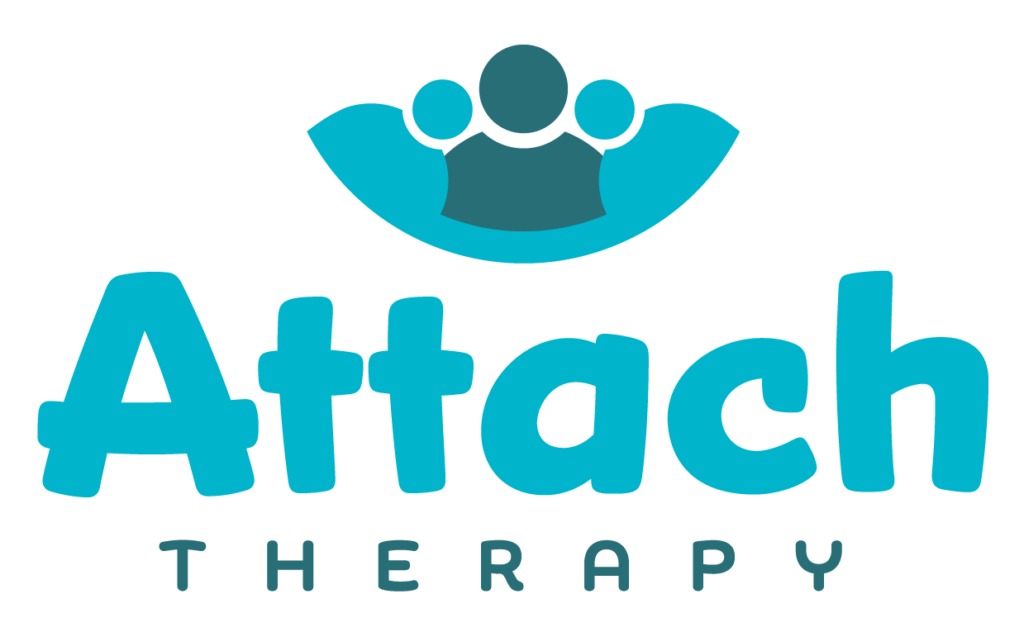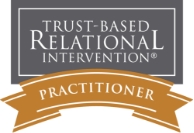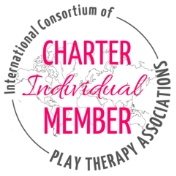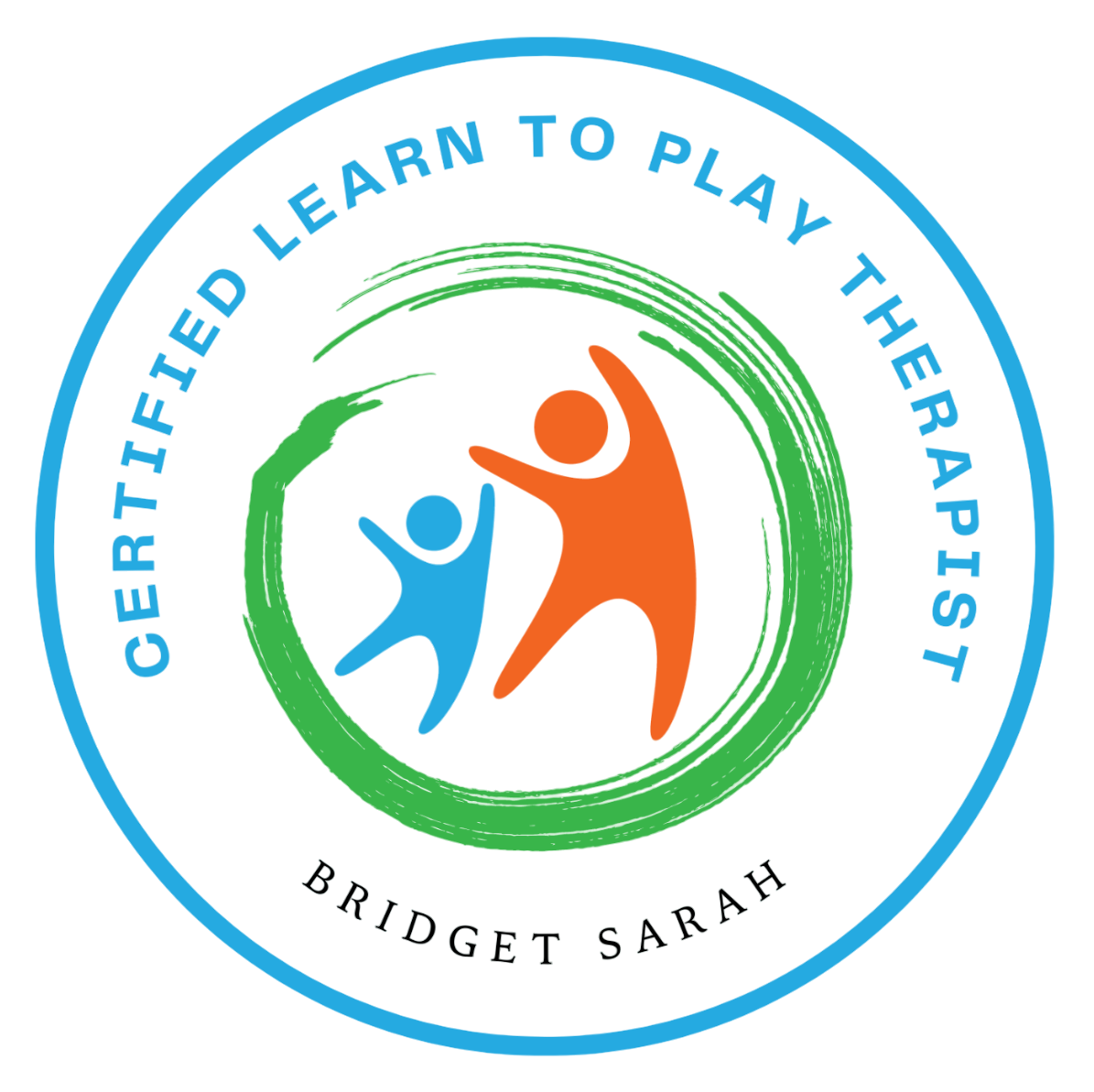Resources
Professionals
As a worker with DFFH, an educational facility or a community service organisation, the information on this page is to assist you navigate referral and the best way to support the child and family you are working with.
As a worker with DFFH, an educational facility or a community service organisation, the information on this page is to assist you navigate referral and the best way to support the child and family you are working with.
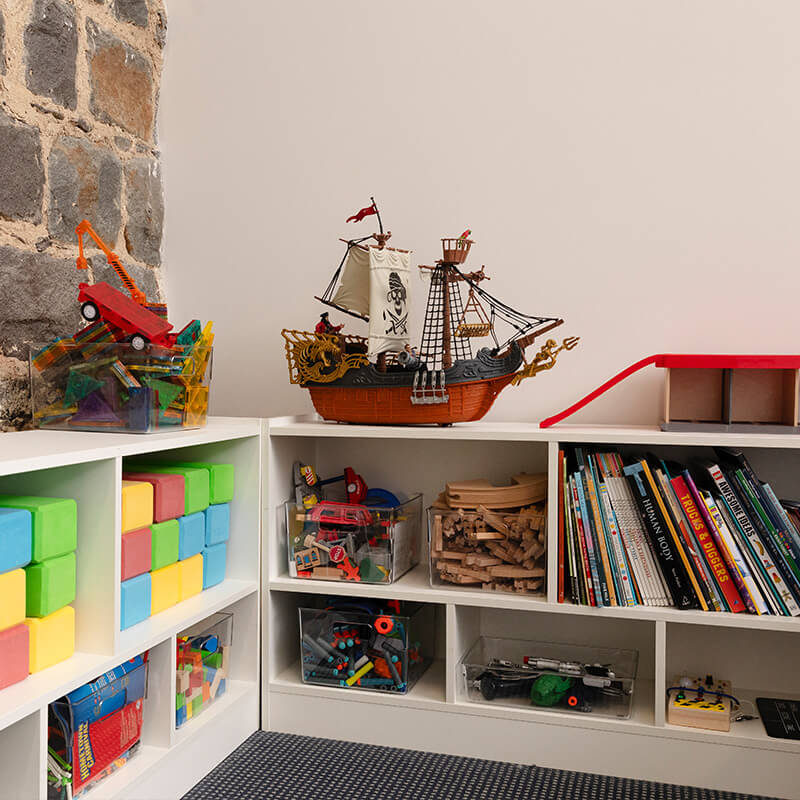

Referring children and families
If you are considering referring a child or family, you can either directly contact Attach Therapy at admin@attachtherapy.com.au or complete our online referral form and we will contact you to organise a free 20 min consultation.
Following this consultation a quote will be forwarded for approval. Sessions will be booked however will not commence until the invoice is paid. It is at Attach discretion if therapy commences before an invoice is paid.
The Play Therapy process
A 60-minute consultation with case worker to understand full care history of child, historical trauma, and current presentation. Case worker will then forward all applicable reports to therapist for reading.
Attach will then meet with the parent/carer for an intake session and contact any other professionals as required before commencing sessions.
Parent/carer will be provided with Attach policies to sign.
At the child’s first session building the therapeutic relationship will be the focus and collecting information through standardized and non-standardized assessments based on the referral information. Naturalistic Observations will occur throughout all sessions. Assessments will occur throughout the therapeutic intervention to monitor progress.
Play sessions will continue with frequency and length of intervention determined at intake. Following the first session Attach will call parent/carer at an agreed time to let them know how the child went in the first session. We do not talk about children in front of their parent/carer. Sessions consist of 45 min special play time and 15min notes and planning for your child.
Dependent on the frequency of sessions and length of intervention determined at intake, progress reviews will be nominated when scheduling appointments. Reviews can be held with parent/carer (20 minutes via phone- no fee), or with the caseworker or child protection worker following the phone structure fee.
After an intervention block, we will meet to make any recommendations which may include but not limited to a continuation of therapy, referral to other supports, planning for a therapeutic ending. If a formal written progress or end of therapy report is required, this will be embedded into the initial quote.
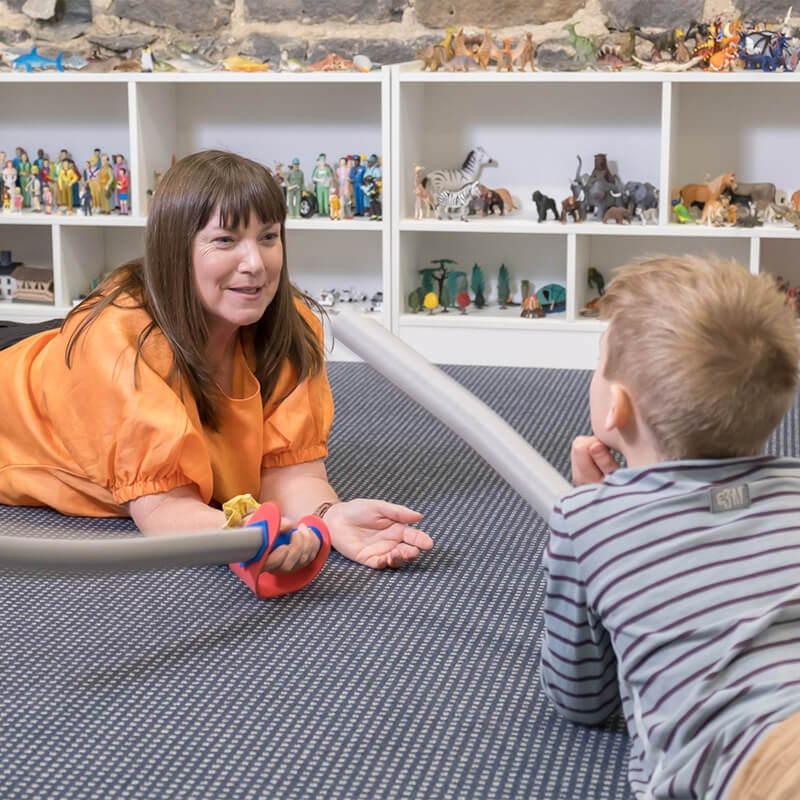

Information to provide the client family/carer
Helping your child with Play Therapy
It is best to refrain from asking questions about their session, or if they “had fun”. You wouldn’t ask an adult after a therapy session “do you feel better” or what they talked about, so we must respect our children’s therapy sessions as well. One way of looking at it is, that the sessions are confidential but not a secret. So, if your child does not want to say anything, that is OK, because it is confidential. If you child does want to say something that is OK, because it is not a secret.
It is always important to provide space and listen with interest and without judgment if your child wishes to talk to you about the session. Never pressure your child to talk about something they do not want to or haven’t offered up themselves. They may still be processing.
Once a session is finalised and your child comes back into the office, receive them by noticing them. An example could be, “There are those beautiful eyes”, or “wow, I am so excited to see you”, or maybe you might remind them what they are doing next. Essentially, welcome them back with love, notice and nurture, and talk about what comes next so they can transition to the next activity. It is best to talk about what is next even prior to their session so there is predictability.
Play Therapy can bring up a lot of emotions and feelings, so it is important to be sensitive towards your child. If you are able, provide a transition between play therapy and school, kinder, or another appointment. You could take a short walk, visit the playground, grab a milkshake or ice-cream, or spend some on-to-one time with them. Think about nurturing them so they fill nourished ready for the next activity.
- Attend sessions consistently.
- Should you not turn up to sessions, or choose to no longer attend sessions, your funding body will remain responsible for payment. It is at the discretion of Attach to apply a credit to the organisation for any future sessions you have chosen not to attend. All no shows and late cancellations will be charged as per cancellation policy.
- Acknowledge any feelings your child may have. Listen with interest and compassion.
- If you leave the building, remember to be back 10 min before end of the 45 min session- lateness is unpredictable and can be scary for some children.
- Welcome your child back by noticing them.
- Refrain from asking questions.
- Give them time to process.
- Play therapy can be emotionally draining. Nurture your child and if possible, build in a transition after therapy.
DFFH and Community Service Organisations fees
Fees for CSO’s and DFFH are slightly higher than private client fees.
Clients referred from CSO’s and DFFH often come with complex histories which require the administration and play therapists at Attach to have more complex planning, reporting and ongoing communication with parents, carers and caseworkers. The higher fee covers the incidentals which do not occur with private clients. If the fee is an issue at any time, please speak with Attach Therapy.
Please note the organisation is responsible for ensuring the client attends. Any missed sessions will be charged full fee. Any change of mind by the client about attendance will be considered by Attach with credits issued as deemed relevant.
-
Complex Cases- Initial Intake with case work, reading of reports, intake with parent/carer and follow up with other proferssionals. (4 hours). Shorter intervention intake: $320 $600
-
Assessments $190/hr
-
Play Therapy Sessions $190/hr**
-
Filial Therapy $190/hr
-
Parent/Carer Coaching Sessions $190/50min
-
Written Reports $190/hr
-
Care Team Meeting attendance $50/15-20 min
$100/30 min
$190/60 min
**Hour includes 45min face-to-face and 15min room reset, case noting and planning.
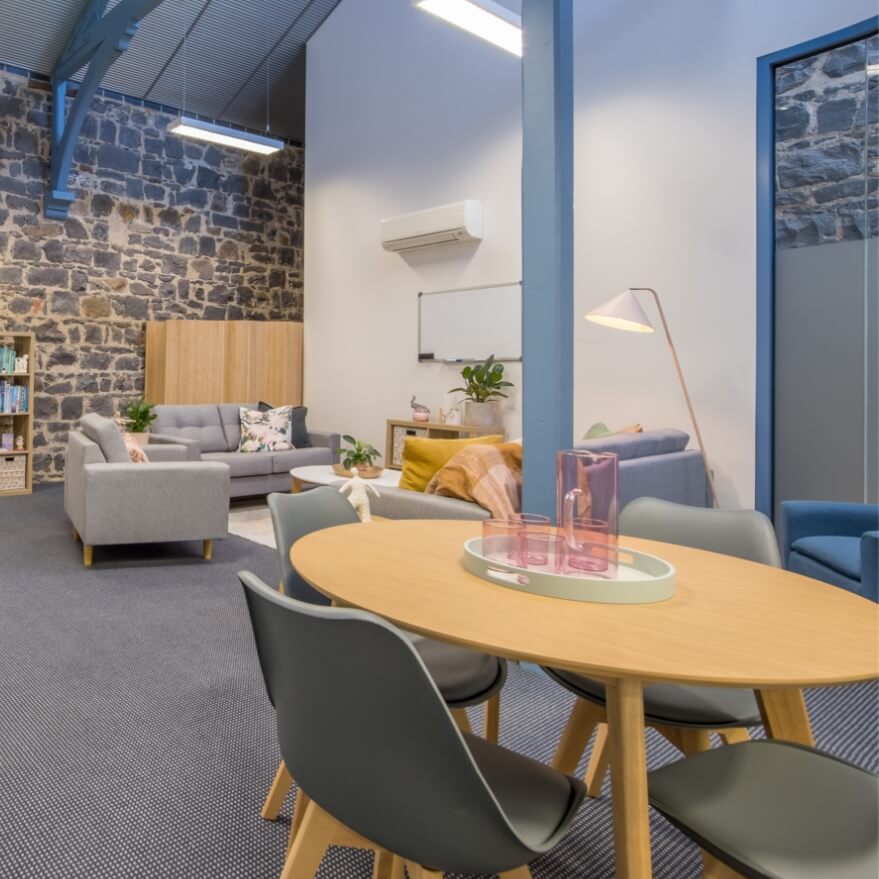

Assessments, Consultations and Workshops
Attach supports organisations by offering the Attachment Style Interview and Parenting Role Interview, two assessments utlised in assessing risks and resilience’s in parent/carers to determine best evidence-based supports, and ability to provide appropriate care.
Sometimes making decisions is hard.
Having an independent, objective party can provide fresh eyes with evidence-based assessments to assist with determining risks and resilience’s and best ways forward.
Attach also offer secondary consults when uncertain and needing further information or other professional advice. We run workshops to support workers on how to implement play and engage with children and families as well as teaching filial skills to utilise in your work with children and families.
The way we work with children in the Care System
Trust-Based Relational Intervention® (TBRI)
As one of a handful of Trust-Based Relational Intervention® practitioners in Australia, Kelly is passionate about assisting communities to better understand relational trauma to support and respond to children and young people in healthy and effective ways. Being equipped with immediate and appropriate trauma-informed strategies to stay attuned and connected with children and young people reduces the risk of chronic disconnection and more harm. TBRI is a nurturing, teaching approach and provides a common language for all those working with children and young people. Having a shared language gives our most vulnerable consistency and builds felt safety and trust.
Trust-Based Relational Intervention® (TBRI) model has roots in Circle of Security® and Theraplay®, two programs based on attachment theory; it is supported by neuropsychological research in alignment with the neuro-sequential model of therapeutics (NMT); and TBRI’s core is built by placing relationships at the center of how all interactions with children and young people are performed. Through a clear set of trauma-informed, evidenced-based principles (Empowerment, Connection, Correction), and easily implemented strategies, TBRI provides the process and procedures for educational settings, and community service organizations to nurture the relationship and bring healing to at-risk children and youth.
TBRI builds connection before correction to effectively see the need and meet the need. At Attach, we hold a lens of TBRI in all our work with children and young people with difficult histories.
For schools
Attach provide workshops on neurodiversity, neurodivergence and neuro-affirming practice.
Our workshops build knowledge and assist teachers develop the most appropriate and effective ways of working with neurodivergent children. Workshops can be structured for the implementation of PD days.
For more information on TORA: TORA | Play&Filial Therapy (playandfilialtherapy.com)
